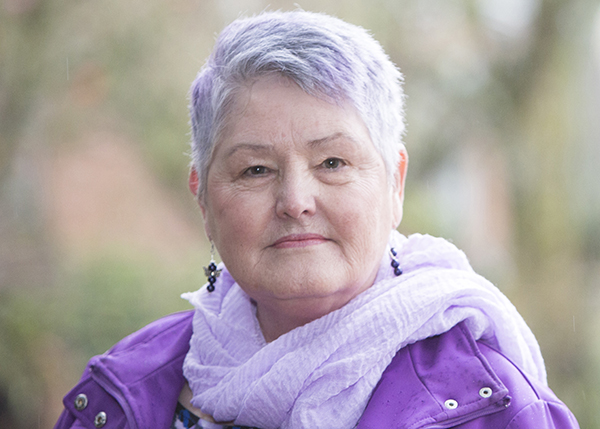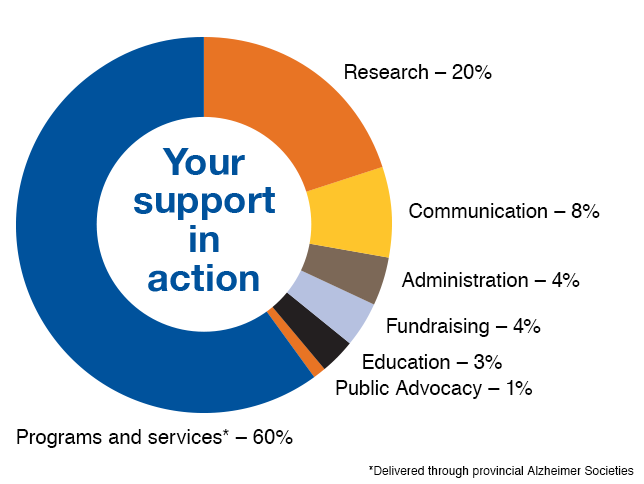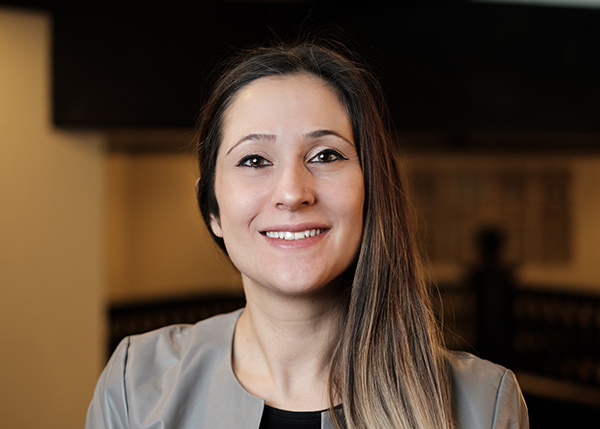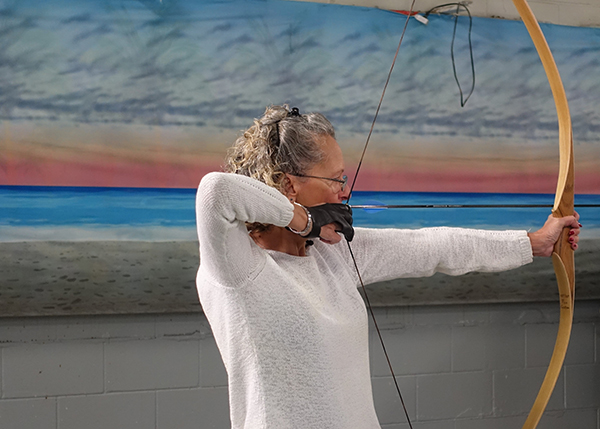THANK YOU!
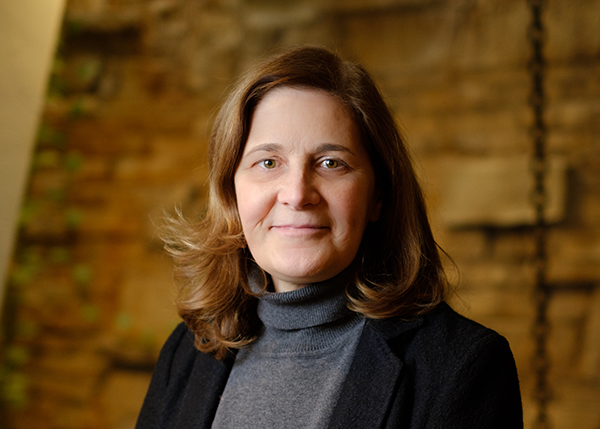 Pauline Tardif, CEO of the Alzheimer Society of Canada
Pauline Tardif, CEO of the Alzheimer Society of Canada
As I reflect on 2018, I’m grateful to you for making this such a successful year.
You have been the beating heart of Alzheimer’s research, moving us closer to better treatments and, ultimately, a cure. You’ve also ensured compassionate support services for people living with dementia and their caregivers.
In addition to this important work, we’re proud to have launched the Canadian Charter of Rights for People with Dementia, written by and for people living with dementia. You can read more about this exciting development below.
I hope this newsletter will remind you of the difference you are making each and every day. Thank you for your generosity!


